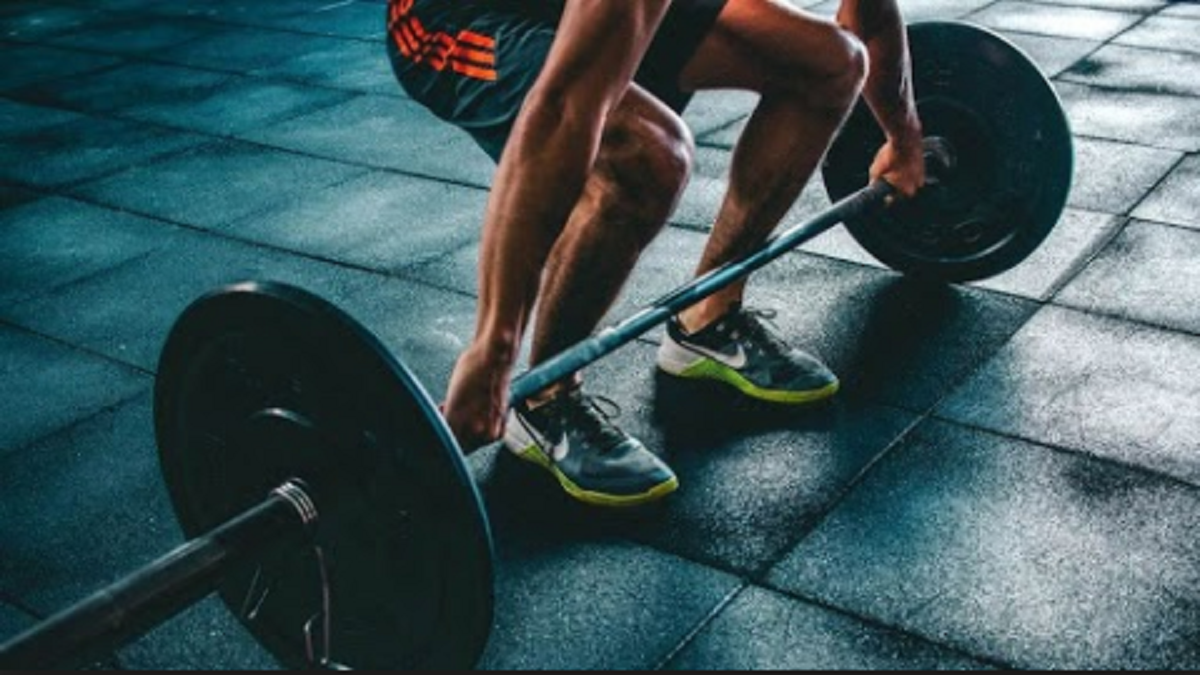
Working out in the gym for a well-built posture is a passion for many. Several gym enthusiasts exercise regularly for hours to get their desired body types and, in the process, resort to various types of diets, supplements, and advice pertaining to the same. This aspiration to get ‘overnight results,’ along with peer pressure, often sets unrealistic body expectations among them and drives many individuals to try various ‘body-building products.’
While these products may not serve the purpose for which they are taken, they can cause serious damage to the body like suppression of the natural testosterone axis in the body, abnormal breast growth in men called gynecomastia, high cholesterol levels leading to heart attacks, brain strokes, liver and kidney damage, cardiac issues, abnormal clotting, lowering of cholesterol, short stature among teenagers, infections, an increase in blood glucose, acne, greasy skin, low sperm count in men, masculinization of women, and issues in sex life.
Many of these gym products are sold online or over the counter by the gym staff and may contain a cocktail of substances, including testosterone and other androgens, aromatase inhibitors, HCG, phosphodiesterase inhibitors, etc. However, consuming anything in excess always results in negative implications, so it is advised to consume gym supplements moderately for healthier benefits.
Why does your body require them naturally?
A balanced healthy diet is a good source of micronutrients, proteins, minerals, carbohydrates, and cholesterol, which are essential for a healthy body. Only when these natural nutrients are not present in your body, you may require supplements to fulfil this gap. Natural nutrients that are obtained from fresh fruits, almonds, nuts, and vegetables are always advised, as they are rich in fibre and impact your body positively.
How much protein should you consume while exercising?
A healthy diet, regular exercise, and workouts can do wonders for your body and will help you stay fit and maintain a good lifestyle. While a healthy diet for good nutrition is essential, you can increase your supplement intake by a few milligrams depending on the intensity of the workout and the duration of sessions. An intense workout may make you feel like you have earned the right to have a good and hearty meal, however, it is important not to consume more calories than you burned in a gym session. A good post-workout meal can include snacks like fresh fruits, vegetables, flavoured almonds and smoothies.
What is the ideal amount of protein you should consume if you are not exercising?
It is difficult to determine the ideal protein intake as it varies from one individual to another. What may be the ideal amount of protein for someone may not be ideal for another. Hence, one must focus on taking the supplements moderately to lead a normal, healthy life. For females, the protein intake can range from 0.75-1g per kg, and for males, it can range from 1-1.5g per kg body weight. This amount also depends on the body mass of the individual, along with factors like the intensity of the workouts, the duration of the gym sessions, and the type of diet one follows.
What are the dangers of consuming an inadequate amount of protein?
While a small amount of protein in a smoothie may not be harmful, when several protein supplements are consumed in excess and replace healthy fats and fibre-rich, nutritious carbs in a diet, it becomes a cause of concern. For instance, consuming high quantities of Whey protein which is the most common type of protein supplement may cause headaches, diarrhoea, nausea, acne outbreaks, stomachaches, weight gain, bloating, reduction in bone density, may trigger osteoporosis and may lead to liver damage. People with cardiac and renal issues need to be careful when taking too much protein because their hearts might have trouble processing large amounts of protein. Additionally, high protein consumption can also influence cardiac functions, alter heartbeats, and cause cardiac arrhythmia, cardiac arrest, and other severe heart issues, as it is typically rich in saturated fats.
What are the precautions one should take before consuming these supplements?
One should consult a physician before taking protein supplements to prevent or mitigate any side effects. For bodybuilders who follow strenuous workout routines, it is recommended that they consult a doctor or a clinical diet expert that can help them plan their diet. Also, you must try to add natural sources of protein and carbohydrates like fish, seafood, eggs, soy protein, lentils, yogurt, chickpeas, and peanuts to your diet, which can provide your body with the necessary fuel.
Dr Sanjay Bhat, Sr. Consultant – Interventional Cardiology, Aster CMI Hospital, Bangalore Healthy gut makes a healthy life Lung Cancer In Non-Smokers Keeping your gut health in check is like keeping your regular life in check.















